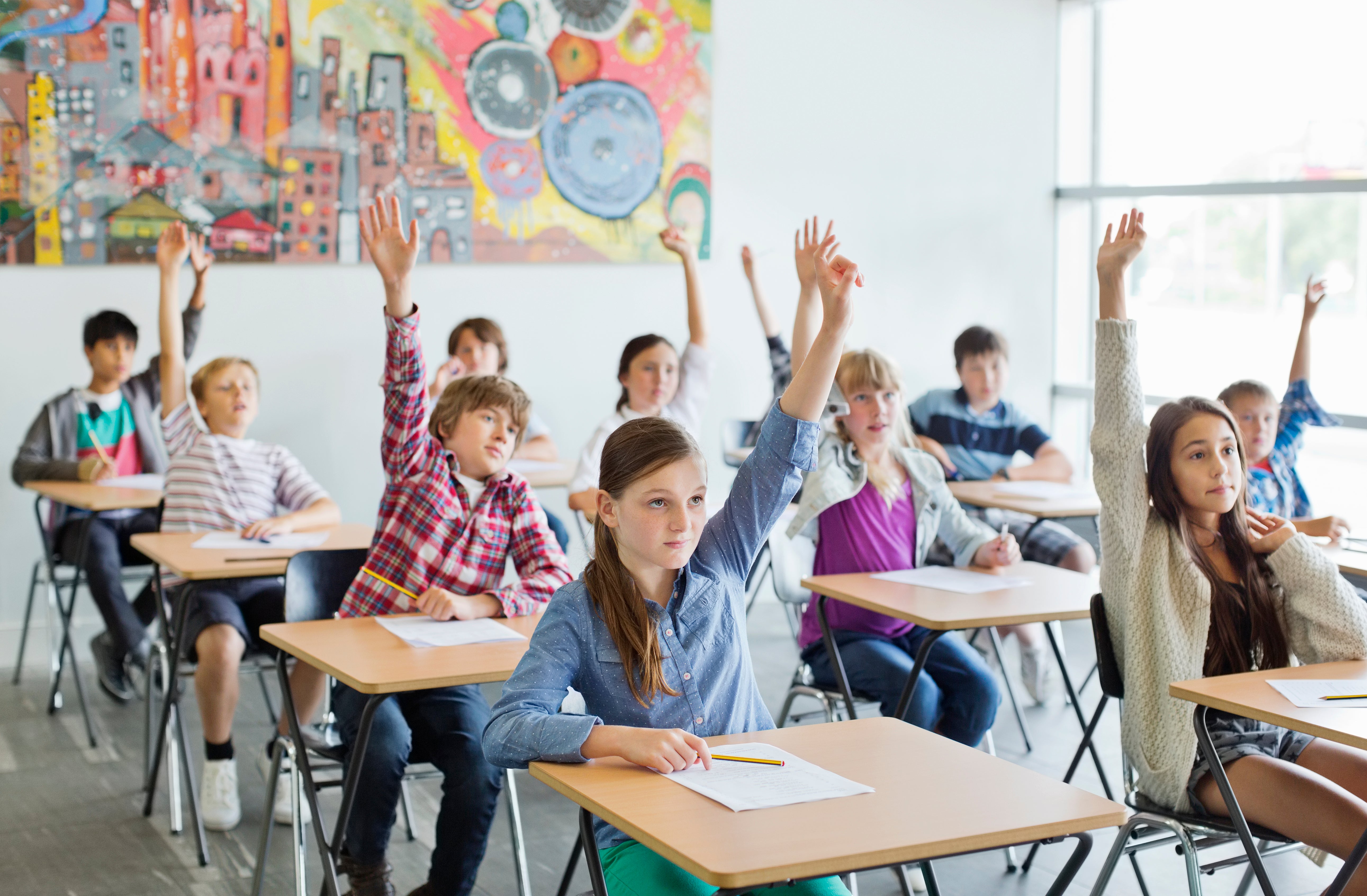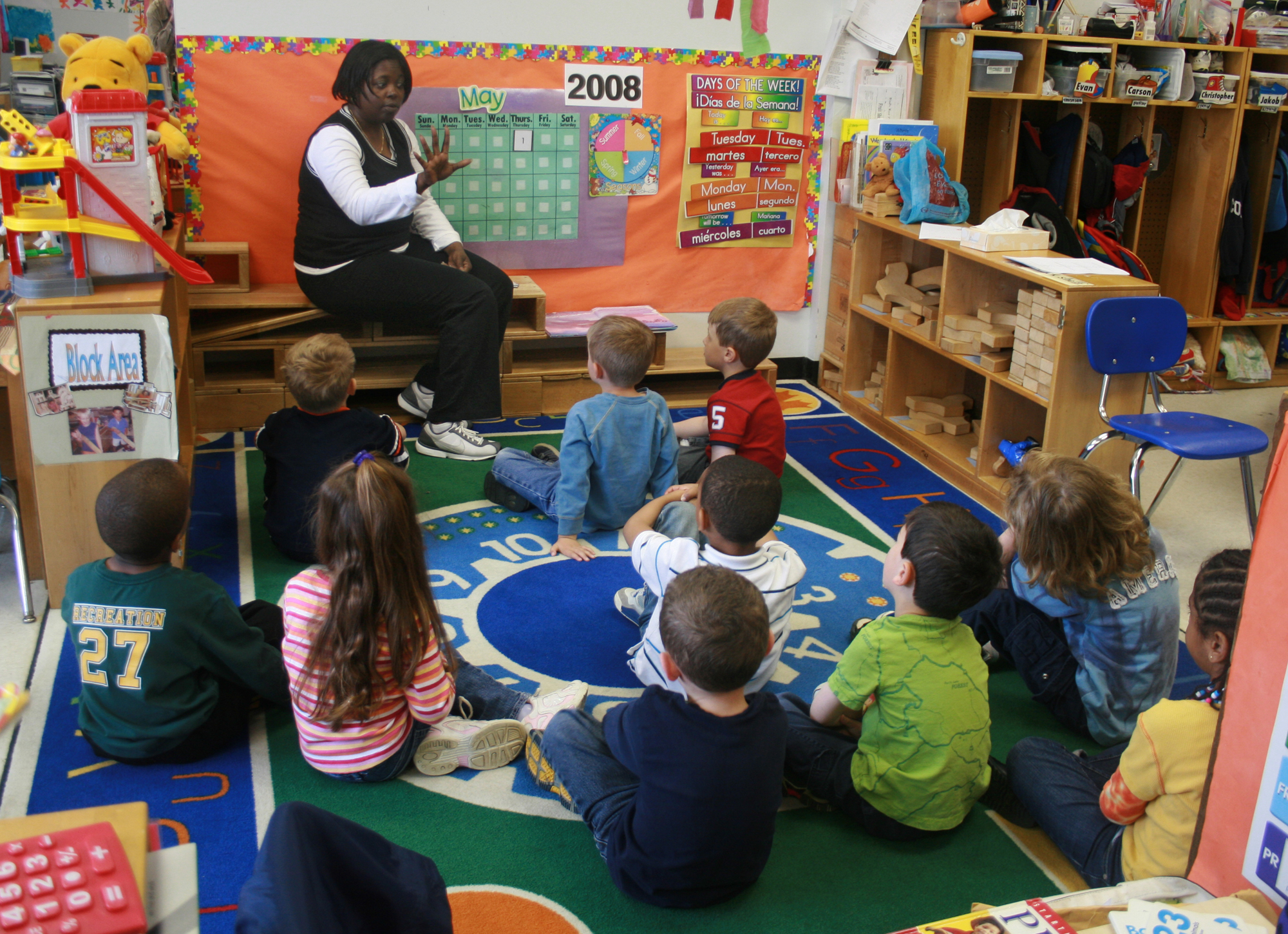The Function of Moms And Dads and Educators in the Effort to Save Temecula Schools
The Function of Moms And Dads and Educators in the Effort to Save Temecula Schools
Blog Article
The Impact of School Environments on Academic Success and Personal Well-Being
The institution environment dramatically influences both scholastic success and individual wellness, incorporating components such as physical design, classroom environment, and interpersonal characteristics. The style of educational rooms, consisting of natural lights and ergonomic furnishings, can enhance pupils' concentration and convenience. Additionally, the quality of teacher-student connections and the nature of peer communications play pivotal duties in cultivating an ambience helpful to finding out and psychological assistance. Understanding exactly how these various elements interaction to form trainee outcomes increases essential inquiries about maximizing academic setups for all natural growth. How can institutions purposefully boost these facets to better sustain their pupils?
Physical Format and Style
How does the physical layout and design of a school effect academic success? The setup and visual of a college setting can dramatically affect students' knowing results. A well-designed institution layout advertises convenience of motion, minimizes disturbances, and cultivates a sense of safety and belonging. For example, broad hallways and clearly marked locations promote smooth changes between courses, lessening lateness and interruption. Additionally, purposefully put common locations encourage social interactions, which are important for social and psychological advancement.
All-natural lighting and efficient ventilation systems are pivotal in enhancing cognitive function and reducing absence. Research studies have shown that class with ample all-natural light improve pupil concentration and reduce sensations of drowsiness. Furthermore, ergonomic furnishings tailored to pupils' requirements can avoid physical discomfort, enabling long term focus and engagement in scholastic tasks.
Accessibility to exterior spaces and visually pleasing environments likewise play an important function - Save Temecula Schools. Environment-friendly rooms and well-kept school grounds provide opportunities for exercise and psychological relaxation, both of which are very important for maintaining high degrees of scholastic efficiency. In significance, an attentively designed physical environment can serve as a catalyst for academic quality, fostering an environment that sustains both teaching and knowing
Classroom Ambience
An environment that fosters a sense of safety, inclusivity, and common regard encourages pupils to involve more actively in their learning processes. The ambiance of a class, including aspects such as lights, sound levels, and seating arrangements, can dramatically impact pupil focus and inspiration.
Additionally, the classroom ambience must sustain a society of partnership and open interaction. When pupils feel comfy expressing their concepts and asking concerns, they are most likely to engage deeply with the material and create critical believing abilities - Save Temecula Schools. Peer interactions and group tasks can boost learning by cultivating and offering varied point of views synergy
In addition, establishing constant regimens and clear assumptions can produce an organized environment that allows pupils to focus on their research studies. By decreasing uncertainty and giving a predictable structure, students can better manage their time and duties. Inevitably, a favorable class atmosphere not just improves scholastic performance yet likewise adds to the general health of trainees, preparing them for future educational and individual endeavors.
Teacher-Student Relationships
Structure on the importance of a favorable class environment, the partnerships between students and instructors play an essential function fit academic success. A healthy teacher-student relationship fosters a discovering environment where students really feel valued, recognized, and supported, which considerably boosts their inspiration and engagement. When students view their instructors as friendly and understanding, they are more probable to take part proactively in course and look for assistance when needed, adding to a much deeper understanding of the topic.

Reliable communication is essential to supporting these relationships. Teachers that utilize open, respectful, and regular communication produce a foundation of trust. This trust enables pupils to share their concepts and issues openly, promoting a collective learning environment. Basically, solid teacher-student connections are a cornerstone of instructional success, playing an essential duty in both academic achievement and individual advancement.
Peer Communications
Peer interactions significantly influence scholastic success by forming a student's social and cognitive development. Positive peer interactions can boost a trainee's motivation and engagement in academic tasks via collective understanding and common assistance.

Reliable peer communications likewise add to the growth of essential life skills, such as dispute, collaboration, and interaction resolution. pop over to these guys These social proficiencies are crucial for both academic success and individual health, highlighting the significance of promoting positive peer characteristics within the school atmosphere.
After-school Activities
Involving in extracurricular activities plays a pivotal role in a pupil's scholastic success and personal development. Study consistently indicates that trainees that take part in extracurricular tasks tend to achieve greater scholastic efficiency.
Moreover, extracurricular participation fosters a feeling of belonging and community, which is vital for individual well-being. Getting involved in group tasks enables pupils to develop and enhance social networks, improving their social and psychological knowledge. These communications are crucial for establishing social skills that are valuable in both future and scholastic professional environments.
Additionally, after-school activities offer a useful outlet for students to go to this website discover their passions and enthusiasms beyond the common curriculum. This exploration can cause the exploration of brand-new abilities and potential job paths, additionally encouraging students to engage more deeply in their academic work. In conclusion, the duty of after-school activities prolongs past simple recreation; they are indispensable to promoting an alternative academic experience that advertises both academic success and personal development.
Verdict
Thoughtfully created physical designs and classrooms, along with positive teacher-student relationships and useful peer communications, dramatically enhance pupil inspiration and involvement. These aspects jointly highlight the relevance of developing and preserving ideal school atmospheres for the benefit of pupils' individual and scholastic growth.
Ultimately, a favorable class atmosphere not just enhances academic performance yet also contributes to the overall well-being of students, preparing them for future instructional and individual ventures.

Report this page